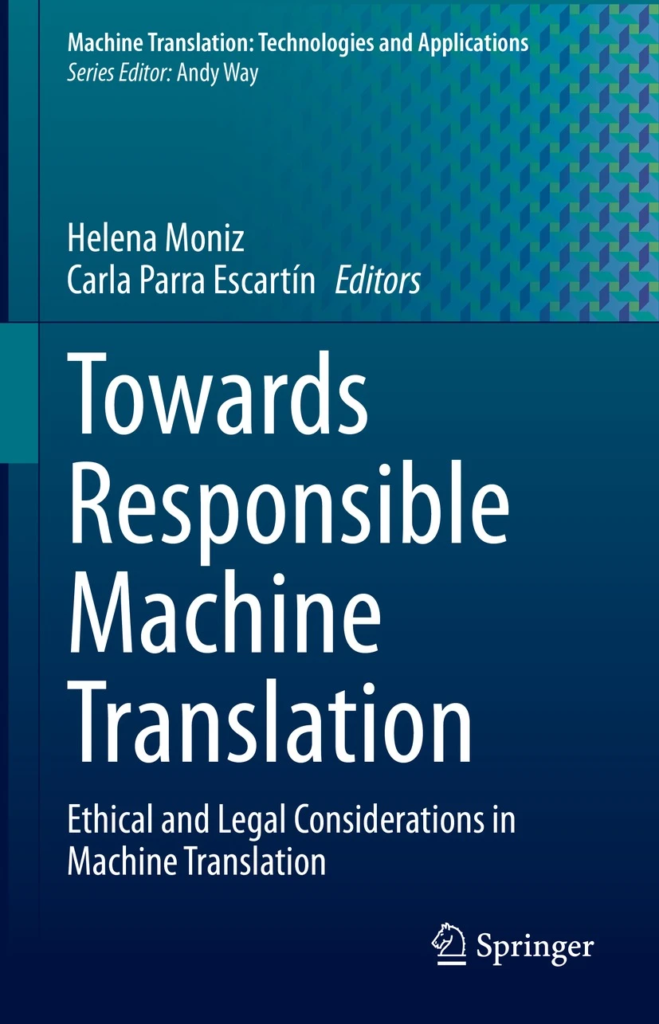Reijers, W., Dupont, Q. (2023) Prolegomenon to Contemporary Ethics of Machine Translation. In Escartin, C. and Moniz, H. Towards Responsible Machine Translation. Machine Translation: Technologies and Applications, vol 4. Heidelberg: Springer.

Abstract
Globalisation has triggered a proliferation of translation practises, many of which are mediated by machines. This development raises fundamental philosophical questions about language, writing, meaning, reference, and representation. This chapter builds a bridge between the ethics of machine translation and philosophy of technology. It starts by considering the activity of translation as such and argues that this is an inherently ethical activity because it involves sacrifice, establishes commonality between foreign elements, and invokes certain professional virtues. Consequently, the chapter asks what machines ‘do’ to translation practises, arguing that they fundamentally transform the activity of translation into the transcription of notations. This raises the philosophical questions of logocentrism, the extent to which machines translate the ‘presence’ of lived experience, and phonocentrism, the extent to which machines transcribe the spoken word. Based on this analysis, the chapter turns to three ethical questions that pertain to machine translation. The first is about responsibility: while machines rely on retrospective responsibility, can they deal with prospective responsibility in translation? The second is about hospitality: can machines adapt to foreign worlds without having the lived experience attached to these worlds? And the third is about virtue: can the exchangeability inherent to machine translation cohere with the incommensurability of the work of translation?










 This site is licensed under a Creative Commons Attribution 4.0 International License. The BlockchainGov project has been funded by an European Research Council Grant.
This site is licensed under a Creative Commons Attribution 4.0 International License. The BlockchainGov project has been funded by an European Research Council Grant.